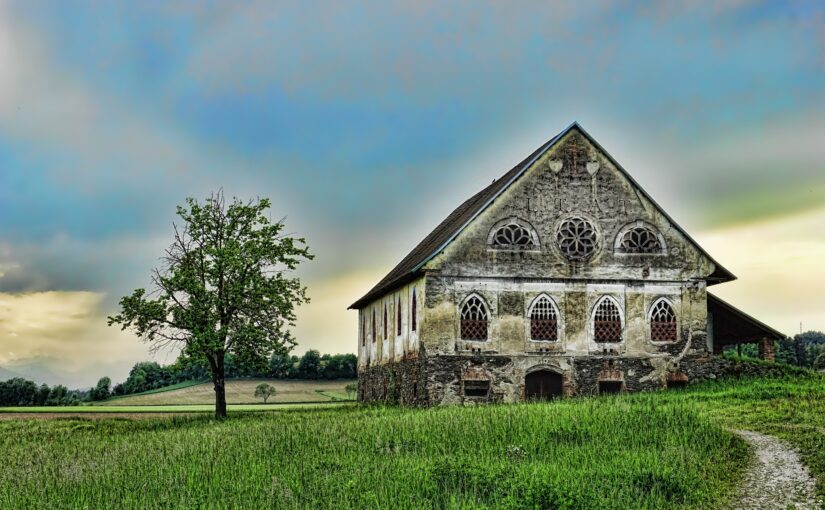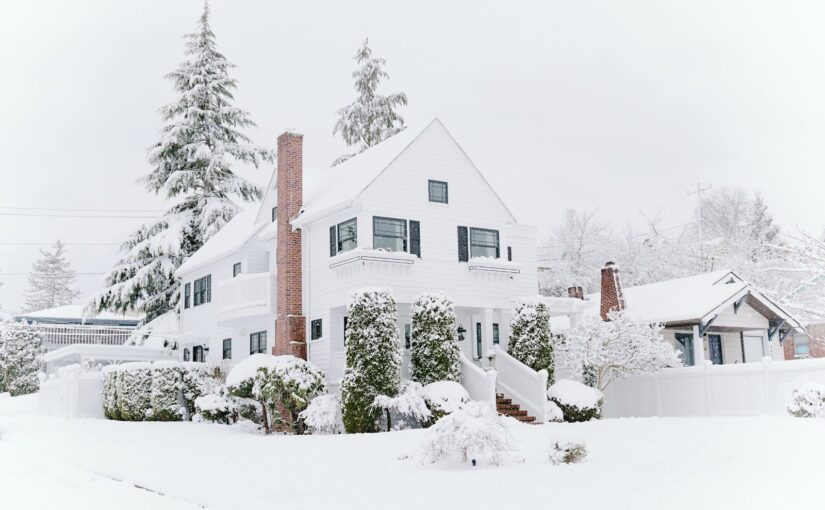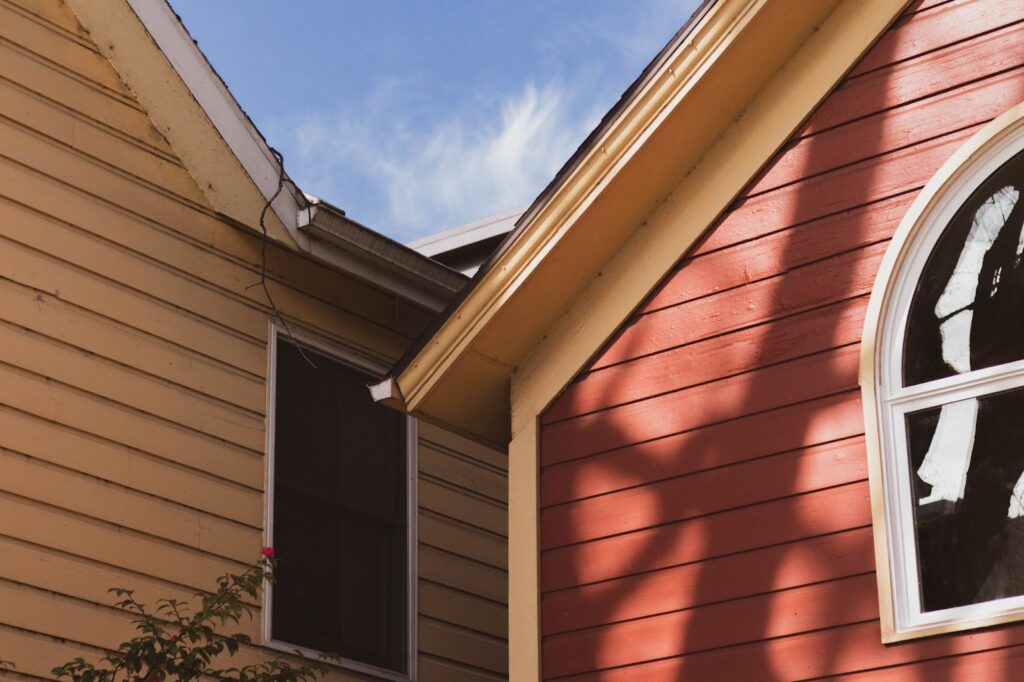Are you thinking of buying an old property? It can be an excellent investment with lots of potential. But before you sign on the dotted line, you need to consider some vital aspects of the property to make an informed decision. Otherwise, your most significant purchase can later turn into a regrettable investment.
This blog will walk you through the key things to look out for when buying an old property. So grab a cup of coffee, and let’s get started!!
7 Important Things to Check Before Buying an Old Property
By doing your due diligence and investigating the property thoroughly, you can ensure that you make a smart purchase. Here are 7 Ways to do it:-
1. Age of Construction
One of the first things to consider when buying an old property is the age of the building. It’s essential to look into the age and maintenance of the building to make sure that the structure is sound and safe.
Many older buildings have had a lot of wear and tear over the years. You can calculate the repair and rehabilitation cost with an expert’s help. Moreover, this cost provides you with a negotiation ground.
2. Foundation Strength & Proof of Inspection
Owning an old property means having a foundation exposed to various elements throughout its lifespan. Thus, it’s essential to make sure that the foundation of the building is sound and able to support the weight of the structure in the future.
If the building is older, it’s a good idea to get a professional to inspect the foundation and ensure it is up to code.
3. Quality of Electrical Construction Materials
Old buildings may have outdated electrical systems. So check if the electrical outlets and wiring are up to code and the construction materials used are high quality. Electrical outlets, wires, and service panels have their lifespan. It can be 30 years or 60 years.
These electrical materials must be replaced if they’ve completed their lifespan. If you’re not sure, getting a licensed professional to inspect the electrical system is a good idea.
4. Plumbing Issues
It is advisable to get a specialist to examine the outdated piping. And if problems like leaks, blockages, or low water pressure are found, be ready to replace some of the plumbing. You may want to install some modern taps. It’s advisable to discuss these costs before proceeding with the purchase.
Also, lead content is more likely present in older plumbing pipes. So it would help if you let the water run before pouring it in to use.
5. Probability of Pest Infestations
Pests can be a major problem in older buildings. Make sure that the property has had a recent pest inspection. If there is any indication of an infestation of rodents, bats, or other creatures, you should take steps to get it treated before taking the plunge.
Fortunately, pest inspection is not costly. So you can easily get it conducted before buying an old property.
6. Insulation and Heating Devices
Insulation and heating devices are integral to a comfortable and efficient home. Give your air conditioner or heater installation a once-over to make sure it’s been set up correctly.
If anything was done incorrectly during the installation, you might encounter drainage problems, leaks, or even hear strange noises from your AC or heater.
7. Secured Against Hazards, Including GFCI Protection
Older homes may be more prone to hazards such as fire, electrocution, and water damage. So get the property inspected for any potential risks.
GFCI, or the Ground-Fault Circuit Interrupter, is a device that is designed to protect you by cutting off the electricity when it detects a ground fault. Therefore, get all hazardous areas properly secured with GFCI protection.
These 7 things must be checked before buying an old property. Additionally, you must be aware of all government regulations and norms. Taking the time to do your research and ensure you are in compliance can save you a lot of trouble down the line. All the best for your new purchase!
Author Bio:
Jeson Pitt works with the marketing department of D&F Liquidators and regularly writes to share his knowledge while enlightening people about electrical products and solving their electrical dilemmas. He’s got the industry insights that you can count on along with years of experience in the field.



